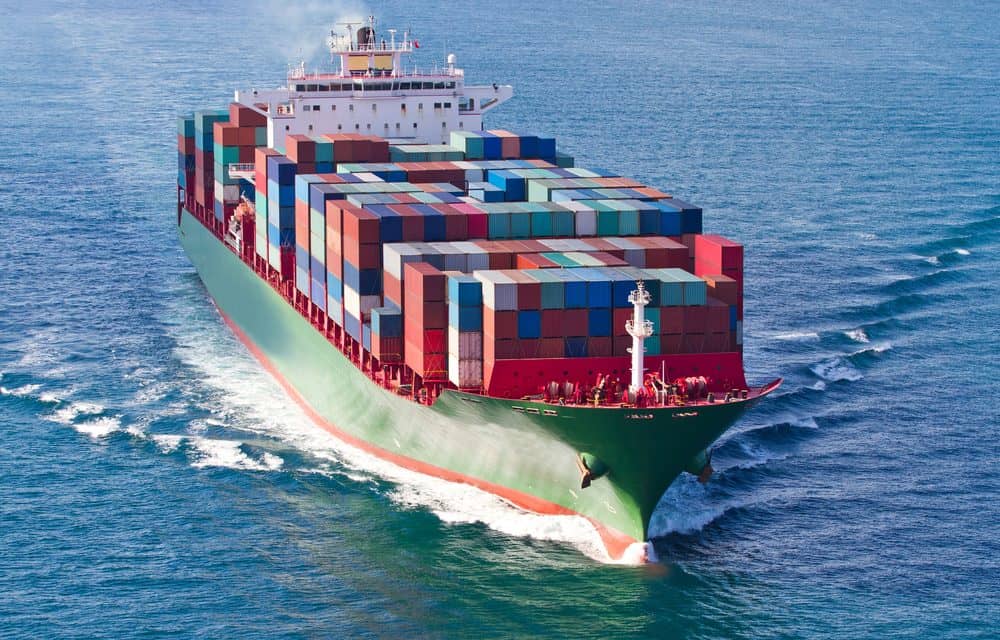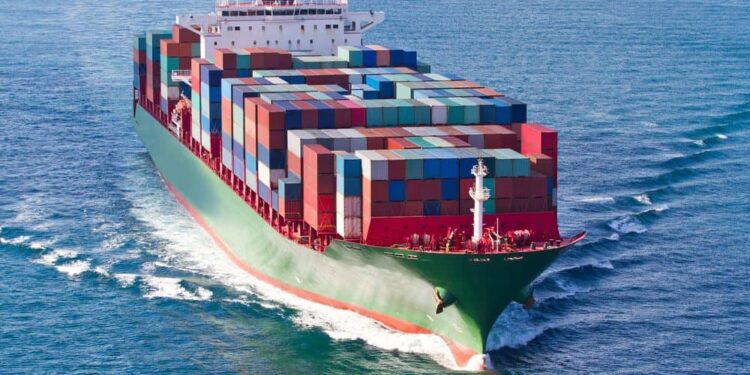In order to operate as an ocean freight forwarder, an ocean carrier, or an ocean logistics provider in the United States, you must become licensed by the Federal Maritime Commission (FMC). Licensing is required in order to work as an ocean freight broker or sea cargo forwarder.
There are currently three types of licenses that can be obtained through the FMC: The Ocean Logistics Endorsement is valid for up to two years and allows you to operate within the logistics industry on behalf of others.
These include trucking companies, manufacturers, and distributors. The Endorsement has its own set of regulations and guidelines that you must follow when working with a client outside of your own company. It also requires a comprehensive knowledge test to pass each time you apply for renewal.

How do I become licensed as an ocean freight broker?
The first step to becoming licensed as an ocean freight broker is completing an application with the FMC. Once you submit your application, the FMC will conduct a review of your company, your experience, and your finances. If your application is found to be acceptable, you will receive a notice of your licensing status.
If your application is found to be acceptable, you will receive a notice of your licensing status. If your application is accepted, you must then complete a series of courses on topics such as cargo laws, international trade laws, maritime law, and more. Once you have completed all of these courses, you will sit for a written test and a knowledge exam.
How do I become licensed as an ocean carrier?
To become licensed as an ocean carrier, you must first become licensed as an ocean freight broker. The FMC will only recognize one individual as the agent for each branch of a company. This means that if you become licensed as an ocean carrier, you will not be allowed to own or operate a ship or any other form of transportation of cargo. You will, however, be able to act as an agent for the customs clearance of the cargo.
Once you have become licensed as a carrier, you will operate the same way an ocean freight broker does. You will act as an agent for clients who have goods that need to be moved from point A to point B. The clients will send their goods to you for brokerage, and then you will arrange for the transportation of the goods through an ocean carrier. As an ocean carrier, you will also have the option of becoming a full-fledged ocean carrier.
How do I become licensed as an ocean logistics provider?
To become licensed as an ocean logistics provider, you must first become licensed as an ocean carrier. The FMC will only recognize one individual as the agent for each branch of a company. This means that if you become licensed as an ocean logistics provider, you will not be allowed to own or operate a ship or any other form of transportation of cargo.
You will, however, be able to act as an agent for the customs clearance of the goods. Once you have become licensed as a carrier, you will operate the same way an ocean logistics provider does. You will act as an agent for clients who have goods that need to be moved from point A to point B.
The clients will send their goods to you for brokerage, and then you will arrange for the transportation of the goods through an ocean carrier. As a provider, you will also have the option of becoming a full-fledged logistics provider.

What type of knowledge is required for Ocean Logistics Licensing?
The Federal Maritime Commission requires that any person who wishes to operate as an ocean carrier, ocean logistics provider, or ocean freight broker must have a thorough understanding of maritime laws and regulations as well as customs and border control procedures.
Any person who wishes to be licensed as an ocean carrier, ocean logistics provider, or ocean freight broker must also pass a written competency exam and a knowledge exam. The written competency exam is a multiple-choice test that covers the topics of law, regulations, and customs and border control procedures.
The knowledge exam is a written test that assesses a person’s knowledge of maritime laws and regulations, customs and border control procedures, and foreign trade laws.
Tips for passing the knowledge exam for OCL
Take a sample test before you apply. If you want to pass your exam and get licensed, you need to study much harder than the average person. Study for the knowledge exam with a focus on the areas you feel most unsure about. Once you are confident in the areas you are unsure about, you can focus on the areas you feel the most confident in.
Find a study buddy who can help you stay focused, keep your studying time to a minimum, and avoid procrastination. Make sure you eat a healthy breakfast every morning, take a multivitamin with electrolytes every day, and drink lots of water throughout the day. If you are having trouble focusing on studying, try some relaxation techniques or listen to music.
Final Thoughts
Becoming licensed as an ocean carrier, ocean logistics provider, or an ocean freight broker can be a challenging and time-consuming process. In order to become licensed, you will need to complete a series of courses and take a written test and a knowledge exam.
If you are serious about becoming licensed as an ocean carrier, ocean logistics provider, or an ocean freight broker, you should start preparing right away. The sooner you begin studying, the sooner you will be ready to take the exams. The key to successfully completing any effort is putting in the time and effort required to get the results you desire.



